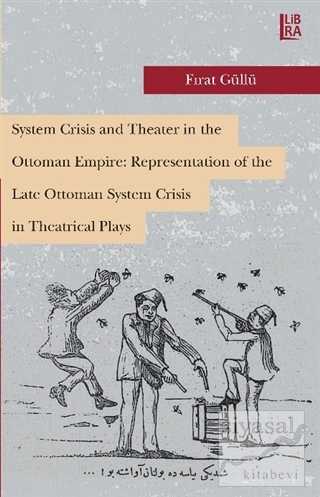System Crisis and Theater in the Ottoman Empire: Representation of the Late Ottoman System Crisis in Theatrical Plays

In this work, the term “artistic truth” is a starting point for studying the past through two works of literature; two theater plays written in late nineteenth century in order to get a multifaceted picture of the time. In this analytical reading, the Habermasian perspective of “system crisis” provides a useful basis from which to give meaning to world presented in these plays. The author analyzes Şemsettin Sami's Gave (1877) to put forth his political vision and advice to save the empire from a systemic crisis, and Hagop Baronian's The Honorable Beggars (1881) disclosing the playwright's view about the destructive effects of the Ottoman system crisis on the Armenian community living in Istanbul.
In this work, the term “artistic truth” is a starting point for studying the past through two works of literature; two theater plays written in late nineteenth century in order to get a multifaceted picture of the time. In this analytical reading, the Habermasian perspective of “system crisis” provides a useful basis from which to give meaning to world presented in these plays. The author analyzes Şemsettin Sami's Gave (1877) to put forth his political vision and advice to save the empire from a systemic crisis, and Hagop Baronian's The Honorable Beggars (1881) disclosing the playwright's view about the destructive effects of the Ottoman system crisis on the Armenian community living in Istanbul.




















